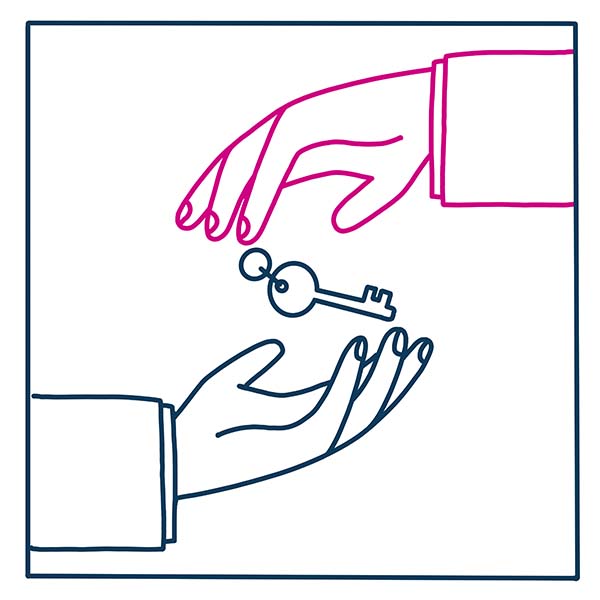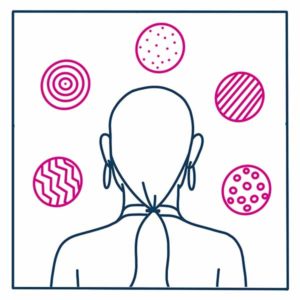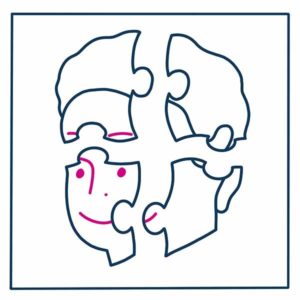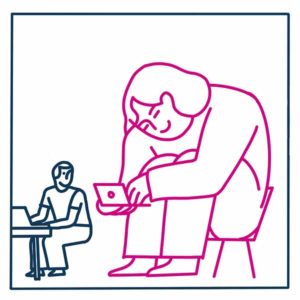Employment, like any relationship, is a two-way street. Both parties have responsibilities. If these aren’t met, the relationship is unlikely to thrive.
And these responsibilities shift over time.
The 21st century has seen massive change. We’ve spent lots of time looking at what new responsibilities employers have to their people.
But what about the other way round?
So, what is personal responsibility?
Doing what’s expected of you and being accountable if you don’t. But it’s slightly more too. You can be disengaged, do your job poorly and be accountable without caring about what happens. So, personal responsibility is about executing your duties with integrity and caring about the results. It’s about owning the results, whether good or bad. It’s about fixing bad results with the same integrity you started with. And it’s about looking out for those you affect. In this way, personal responsibility is also about leadership. Even those who aren’t in formal positions of leadership have a sphere of influence. Within this sphere, to be personally responsible is to lead. Personal responsibility is, ultimately, an approach to life. It’s about having the confidence to be accountable for what you can control – and putting the effort into controlling it. It’s a valuable, underappreciated skill in the workplace.
Personal responsibility in a hidden productivity world
Throughout history, it’s been pretty easy to judge the quality of someone’s work as they do it. The classic example is the production line. But it also applies to, for example, farming. More and more, however, productivity has to be judged retrospectively. Work has become more complex, interconnected and mental, making it harder to evaluate as you go along. Look at a modern office with 100 people all typing. How can leaders judge one person’s work? Productivity is hidden. When productivity and output is not obvious, perhaps employees have a greater personal responsibility to report. Report what? What they are doing, how they are doing it, when they are doing it, the results they get and the learnings they discover. Not in a micro-management sort of way, but in a mutual respect sort of way. Transparency, after all, drives progress.
Personal responsibility in a connected world
In the past, people had face-to-face relationships with colleagues and customers. Now we may talk to them for years and not know what they look like or what their voice sounds like. We’ve always had a personal responsibility to treat people well, because organisations are driven by positive relationships. But do we now have additional responsibilities in the virtual world? For example, silence (not responding to messages) can negatively affect morale and relationships when we communicate online. Do we have a responsibility to get back to messages or emails within a certain amount of time? Or does this put too much pressure on our own wellbeing?
Personal responsibility in a wellbeing-focused world
Is it our responsibility to help employers to help us? Employers are expected to look after the wellbeing of their people. But everyone’s different. How can they know how to help individuals unless we tell them our needs? Employers want to help improve mental health. Should we keep them up-to-date with how we feel? Maybe, but for some people, this is a private domain. Introduce technology and you get an even more complex situation. Our personal fitness data would help employers tailor exercise programmes and fitness information to our needs. So is it our responsibility to wear fitness trackers at work? Or should we just commit to some form of exercise because a happier, healthier person is more productive in the workplace?
Personal responsibility in a servant leadership world
The authoritarian style of leadership – telling people what to do – has fallen out of favour. It’s been replaced by more inclusive leadership styles like servant leadership, which is actually more than just a leadership style. It’s an organisational model focused on meeting individual and group needs. Servant leaders are “stewards who are responsible for serving, developing, and transforming the organisation and its people.” This requires a two-way relationship. Servant leaders empower others but they need to know what people need to thrive. Servant leaders ultimately need active followers who treat leadership as a shared responsibility. Active followership is an unknown for many people. But learning how to follow – and how to lead a leader when they need it – are important responsibilities. Especially as leadership will become more, not less, inclusive.
Personal responsibility in a VUCA world
The pace of change is too fast for individuals or leadership teams to have all the information to make all the right decisions all the time. Does everyone at work now have responsibility for bringing new ideas and feedback to the employer’s attention? This certainly chimes with a greater focus on employee voice and employers rediscovering the power and importance of feedback at work. Industries can be disrupted in days in the modern world. Information is power. If everyone contributes to collective knowledge, isn’t the organisation better equipped to succeed?
Are we pushing people too far?
As we re-define what two-way working relationships mean in the 21st century, is there a danger of pushing personal responsibility too far? Let’s think about resilience: our ability to bounce back. To recover quickly from setbacks and negative events. To get back to normal quickly after stressful situations. To remain calm during adversity. Resiliency is great, but are we sending the message that people need to ‘get over’ bad events quickly? Self-care is a huge personal responsibility at work, but resilience may be dampening this message. And doesn’t the employer also have a responsibility to shield people from certain negative events, such as bullying or even a lack of development? What about work-life balance? We encourage people to develop their own work-life balance. Some organisations offer unlimited holiday time, an increase in personal responsibility with an associated increase in freedom. But with reports suggesting that these policies lead to people taking less time off, maybe we should remember that personal responsibility is a balance. Sometimes it helps both sides of the relationship to be prescriptive.







